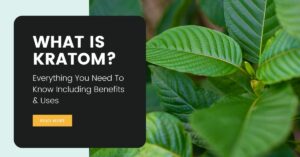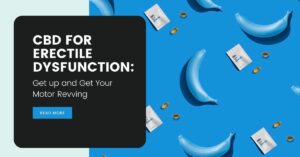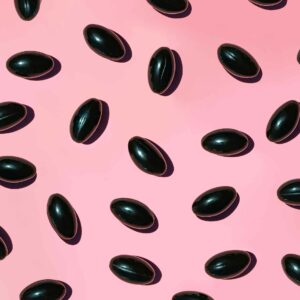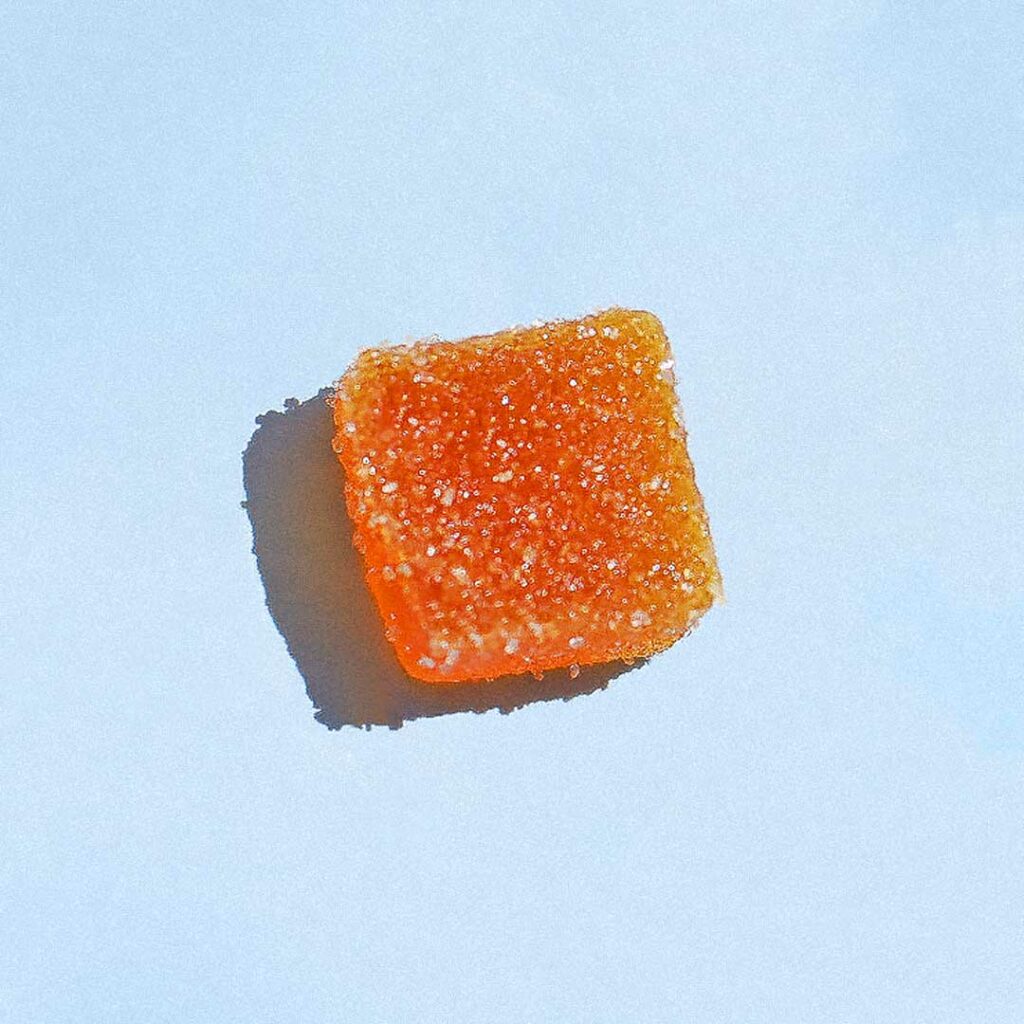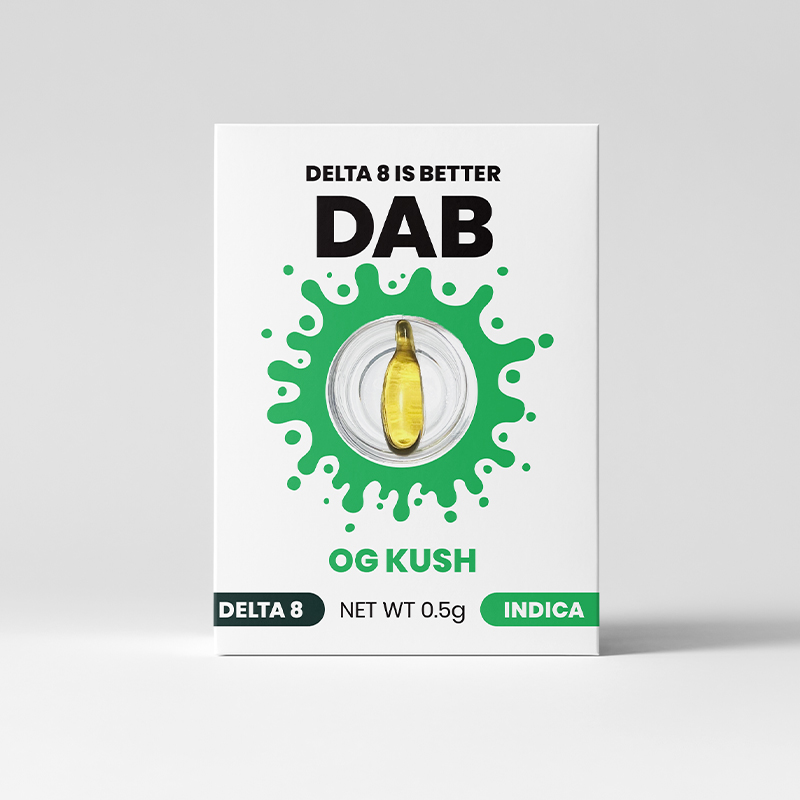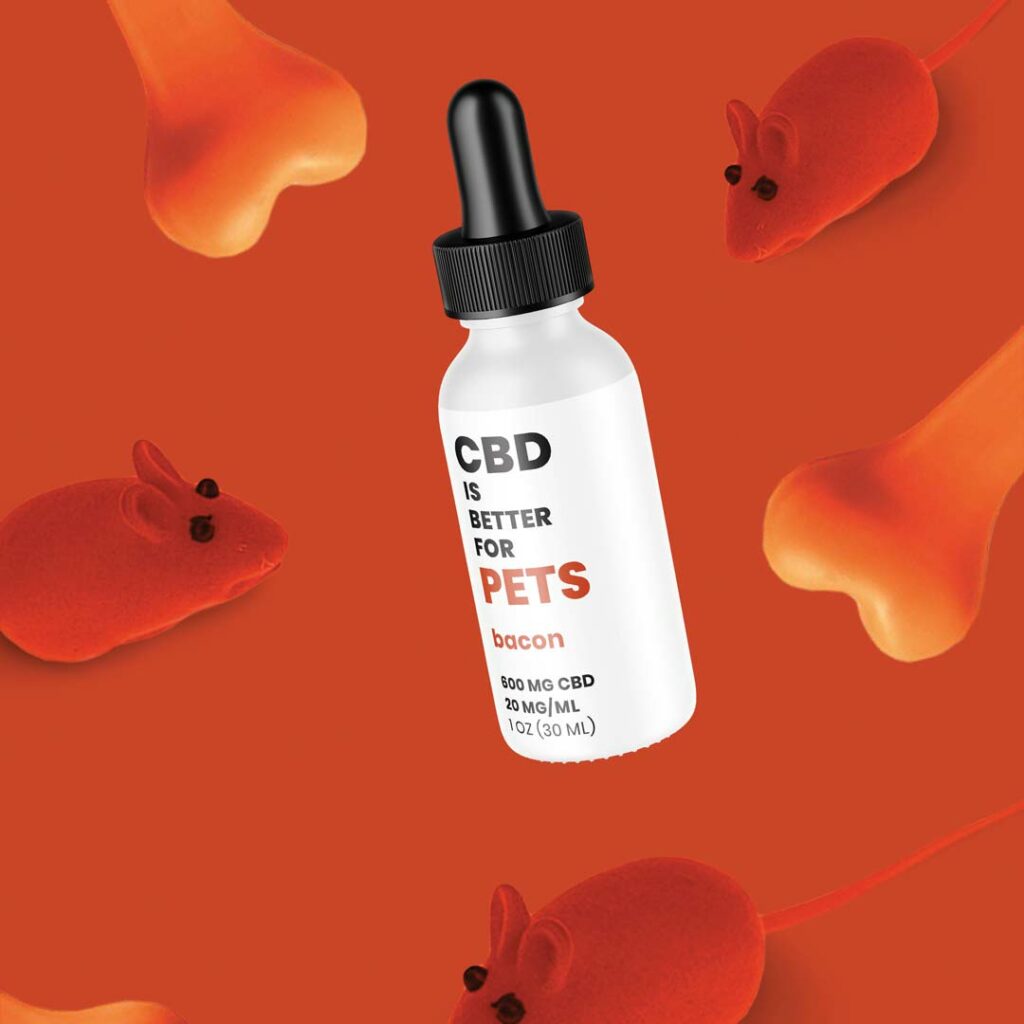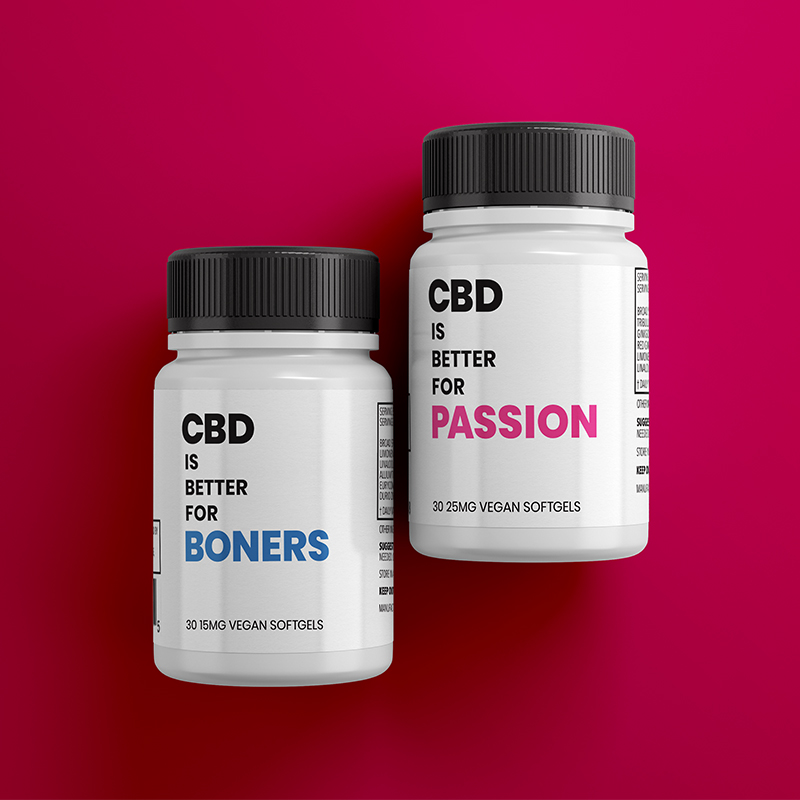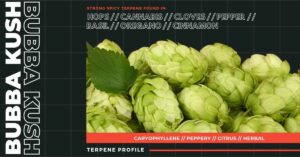

CBD has been touted as a sleep aid, a pain remedy, an anxiety reducer—there’s even science showing it can have a positive impact on skin health. But how does CBD actually work? With all the buzz around CBD as a wellness ingredient, it’s worth asking how this non-intoxicating cannabinoid can actually impact your health.
The answer is found in a recently discovered bodily system called the endocannabinoid system, or ECS for short. Bradley E. Alger, a doctor at the University of Maryland School of Medicine called the ECS “one of the most important physiologic systems involved in establishing and maintaining human health.” (If you’re really wanting the full scientific deep dive into the ECS, Dr. Alger’s 2013 article Getting High on the Endocannabinoid System, is an amazing read and, you don’t have to be a chemistry expert to understand it).
You Have an Endocannabinoid System and You Have to Take Care of It
The ECS was discovered in the 1990s while researchers were trying to figure out how THC affects the human body. It turns out we have actual receptors for cannabinoids built into our systems, and our bodies make their own cannabinoids (called endocannabinoids). One of the reasons we respond to cannabinoids like THC and CBD is because there’s an entire network within our own bodies primed to receive them.
The ECS is a complex network of receptors located throughout the peripheral and central nervous systems of all mammals (yep, animals have them too). These receptors are found in your brain, connective tissue, glands, organs and immune cells. (Imagine the receptors like tiny locks scattered throughout your body, and cannabinoids as perfectly fitting keys.)
While we’re still learning about how the ECS functions, it is indisputably a key system for human health. The ECS establishes homeostasis, or balance, in the body. When you’re sweating in the heat, that’s the ECS helping you cool down. If you’re tired and struggling to keep your eyes open, that’s the ECS pushing you towards sleep. Whether it’s body temperature, appetite, or immune function, experts believe that if the body falls out of its ideal range, the ECS works to get the body back into the Goldilocks zone.
The ECS, Cannabinoid Receptors and CBD
Within the ECS, there are two types of cannabinoid receptors, known as CB 1 and CB 2. CB 1 receptors are located in your brain and spinal cord nerves, while CB 2 receptors are found in your peripheral nervous system, digestive system and immune system. Both types of receptors are found in the skin.
THC, the famously intoxicating cannabinoid, works mostly on CB 1 receptors, which are of course found in the brain. CBD doesn’t attach to either type of these receptors, but does optimize their performance (i.e., CBD has been shown to be effective for interrupting the transmission of signals that tell us when we’re in pain).
- CBD increases blood flow to the brain, and is able to target a specific serotonin receptor, the serotonin 1A receptor, which may explain its anti-anxiety effects as well as its ability to control drug cravings in people recovering from opioid addiction
- CBD directly binds to other receptors which mediate pain perception and inflammation
- A team of Stony Brook University scientists found that CBD raises endocannabinoid levels in the brain’s synapses (this action may explain how CBD confers neuroprotective effects against seizures, as well as many other brain health benefits)
- CBD’s anti-inflammatory and anti-anxiety effects are thought to be linked to the way CBD boosts adenosine levels in the brain
Scientists are still working to understand all of the specifics of how CBD operates in the body—but evidence indicates that by stimulating the endocannabinoid system, CBD promotes homeostasis, calms the nervous system, reduces pain sensation and decreases inflammation.
The takeaway? The endocannabinoid system is involved in many of your body’s most important functions, and CBD promotes balance in your body by stimulating your endocannabinoid system. As Annie Nelson famously stated, “You have an endocannabinoid system and you have to take care of it.” In the same way you take care of your cardiovascular system by exercising, or your skeletal system by taking calcium, you can support your ECS with CBD.
Robert Johnson
READ MORE
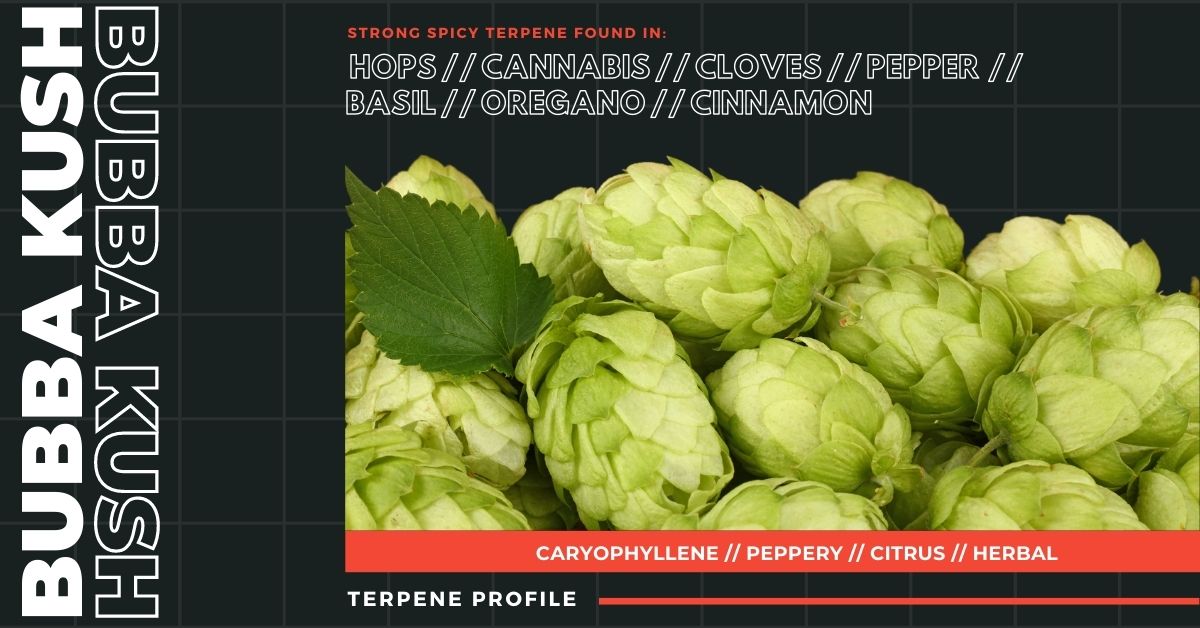
Terpenes 101: What is Caryophyllene and What Does it Do?
Caryophyllene, also called beta-caryophyllene or BCP, this terpene can be found in hops, cloves, black pepper, oregano, cinnamon, basil and strains of cannabis. If you’ve ever taken a whiff of herb with a funky bite that hits like smelling cracked pepper, it’s likely rich in caryophyllene.
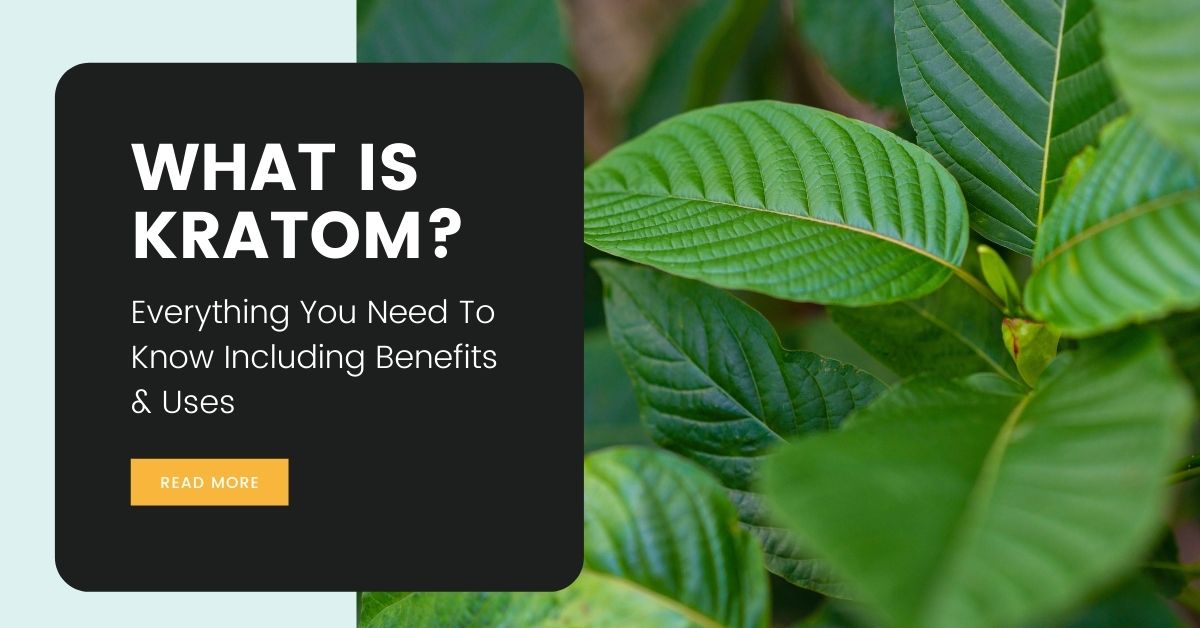
What is Kratom? Everything You Need To Know Including Benefits & Uses
There have been uses of kratom for centuries in traditional medicine in Southeast Asia. It has many potential uses and benefits as well as considerable risks. Read on to learn more about using kratom for your health.

Thinking of Trying an HHC Vape But Find Yourself Wondering What Exactly is HHC?
One of the unintended benefits of the 2018 Farm Bill that made agricultural hemp federally legal was the new wave of THC analogs hitting the market with very similar effects to the THC we all know and love. One of the newest, HHC is actually not a THC analog at all but it’s close. How close? Let’s break it down.
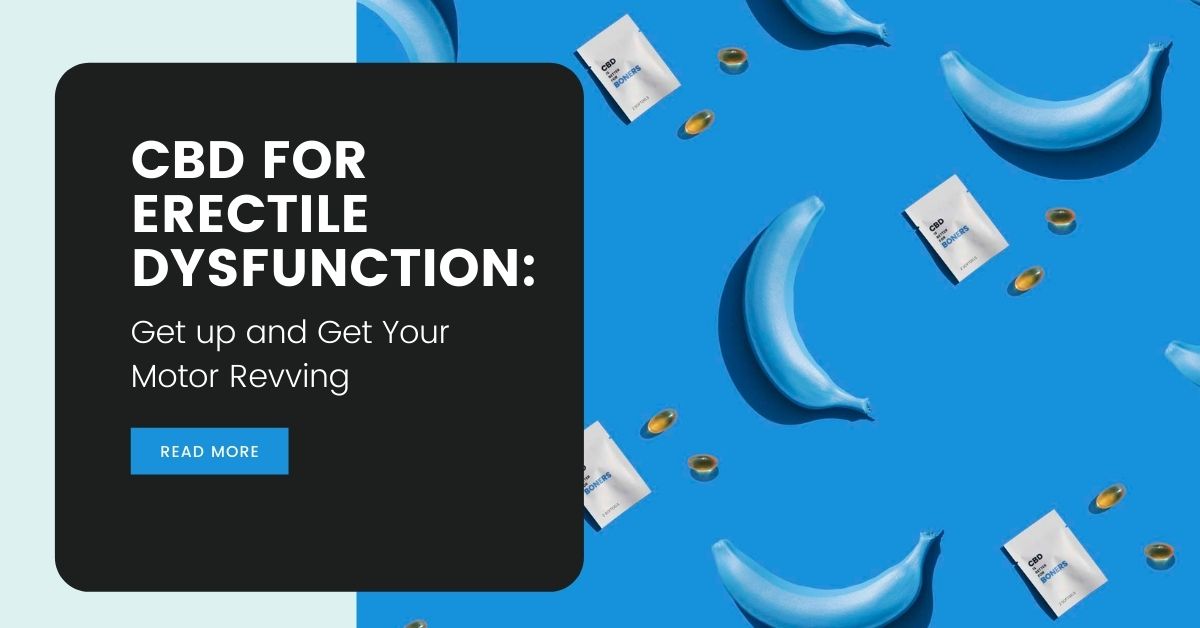
CBD for Erectile Dysfunction: Get up and Get Your Motor Revving
Although it’s often a sensitive subject, the truth is that approximately 52% of all men have or will experience erectile dysfunction (ED) at some point in their lives often much younger than one would expect.

4 Reasons Why States Shouldn’t Ban Delta-8 THC
More than 15 states have actually banned Delta-8 outright but what’s most shocking about these bans is that they are supported by so many hemp business leaders.
